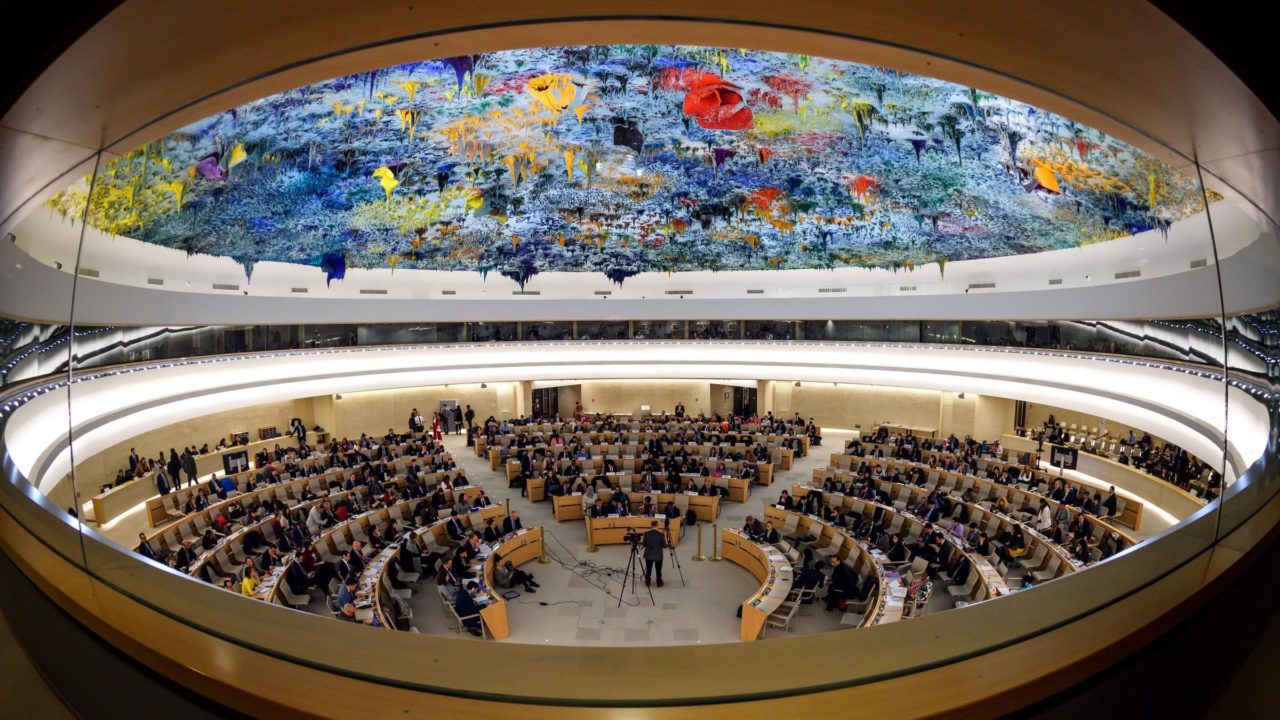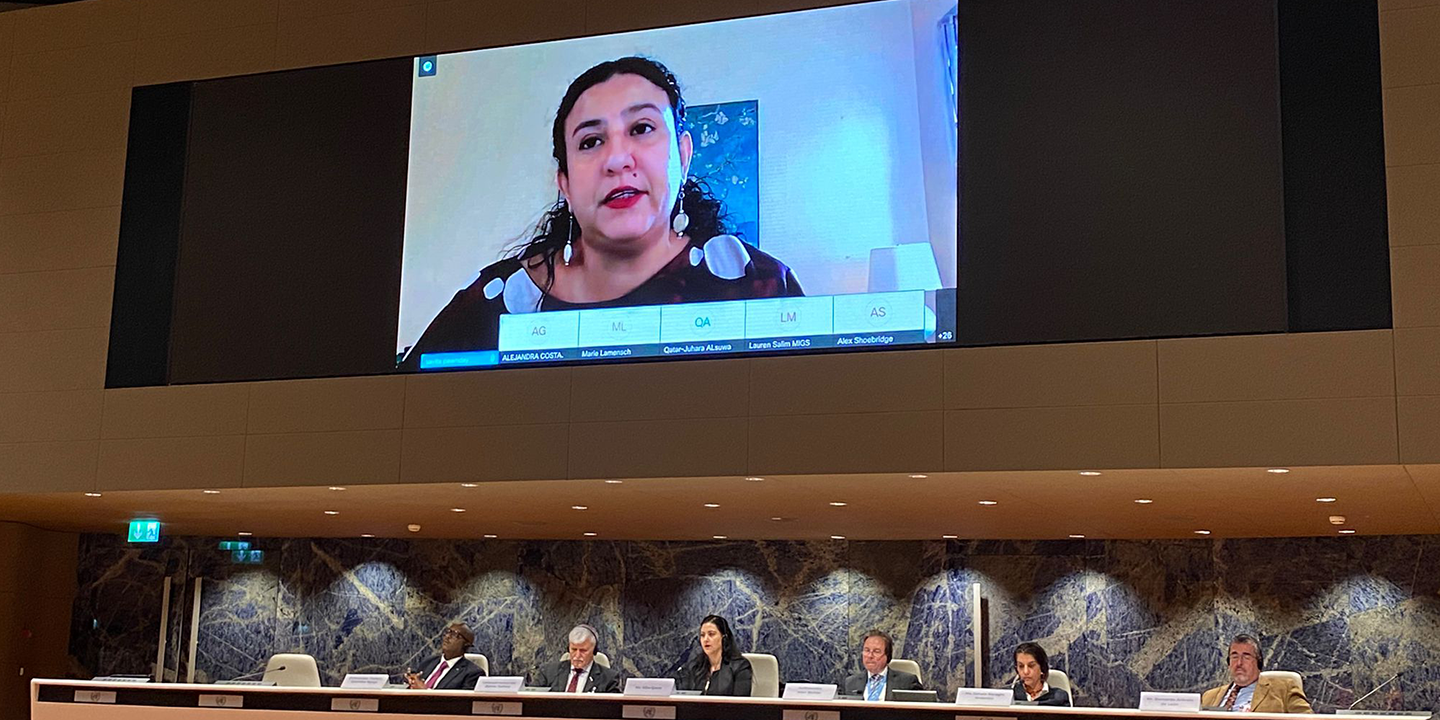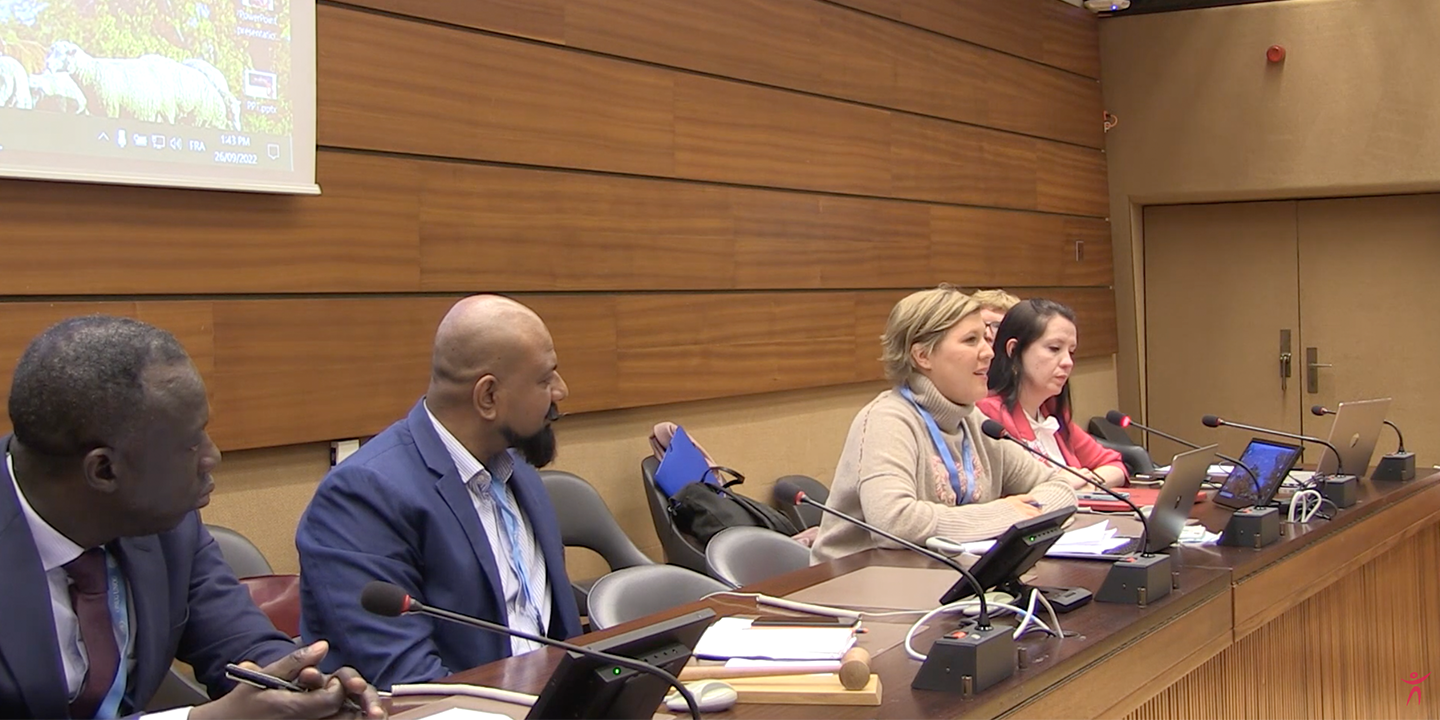

In 2015 the Global Centre opened an office in Geneva, launching its efforts at advancing the institutionalization of R2P within the UN human rights system, particularly at the Human Rights Council (HRC). As the only NGO specifically focused on the prevention of atrocity crimes in Geneva, the Global Centre has contributed to advancing the consistent implementation and operationalization of R2P across the entire UN system.
The Global Centre’s work at the Human Rights Council includes:
The HRC can play an essential role in implementing R2P through its various procedures and mechanisms. Investigative mechanisms, Special Procedures, the UPR and Treaty Bodies are all uniquely suited to provide early warning for situations at risk of atrocity crimes and help concerned states, as well as the wider international community, to identify necessary prevention and response strategies.

Mainstreaming R2P within the HRC requires commitment and systematic engagement on behalf of a dedicated group of member states, in particular the Geneva-based GoF of R2P. The GoF-Geneva, co-chaired by Luxembourg and Costa Rica, was officially launched on 20 November 2015, with 35 member-states attending the inaugural meeting. The Group consists of 56 delegations and regularly delivers joint statements during HRC sessions.
Recognizing its important role in implementing R2P, on 17 July 2020 the HRC adopted a resolution on the “Fifteenth anniversary of the responsibility to protect populations from genocide, war crimes, ethnic cleansing and crimes against humanity, as enshrined in the World Summit Outcome of 2005.” The resolution was adopted by a vote of 32 in favor, 1 against and 14 abstentions. In keeping with the resolution, on 11 May 2021 the HRC held an intersessional panel on R2P. The Global Centre engaged with the HRC on planning the panel and Ms. Savita Pawnday served as moderator of the panel discussion. A full summary of the panel discussion is available here.
The HRC has contributed to accountability for atrocity crimes through mandating investigative mechanisms. The Global Centre has been instrumental in ensuring the establishment and renewal of cross-regional investigative mechanisms to collect evidence and identify perpetrators of atrocity crimes, including for Ethiopia, Israel and the Occupied Territory, South Sudan and Venezuela. The Global Centre also organizes events to discuss the role of investigative mechanisms for preventing atrocities and ensuring accountability for these crimes.
Special Procedures are a central element of the UN human rights system and are mandated to report and advise on human rights violations that, if not addressed, may escalate to mass atrocities. To further strengthen the role of Special Procedures in early warning and early action, the Global Centre organizes events and conducts advocacy on Special Rapporteur mandates to provide updates on atrocity situations, including for Afghanistan, Burundi, Eritrea and Myanmar (Burma).
The Global Centre also works to ensure the systematic application of the atrocity prevention lens to the UPR – a process that provides a unique forum for mainstreaming and institutionalizing structural prevention. To achieve this, the Global Centre provides broad recommendations encouraging states to assess and strengthen their national atrocity prevention capacities, as well as targeted recommendations for countries at risk of, or experiencing, atrocity crimes.

While the HRC’s work and mechanisms have been critical in highlighting the need for effective and early action aimed at halting and preventing the commission of mass atrocity crimes, there remains a critical gap between New York and Geneva due to the strict interpretation of New York as a peace and security space and Geneva as a human rights space. Since atrocity situations often feature human rights violations and harsh restrictions on human rights are often a warning sign for atrocities, effective implementation of R2P necessitates bridging this gap. To address this issue, the Global Centre organizes events and discussions with diplomatic missions and HRC mechanisms and procedures to share best practices and explore challenges and opportunities in strengthening engagement between Geneva and New York. The Global Centre also advocates for more effective leverage of HRC-mandated investigations and other human rights mechanisms and procedures to better prevent and respond to atrocities.
Ralph Bunche Institute for International Studies
The Graduate Center, CUNY
365 Fifth Avenue, Suite 5203
New York, NY 10016-4309, USA